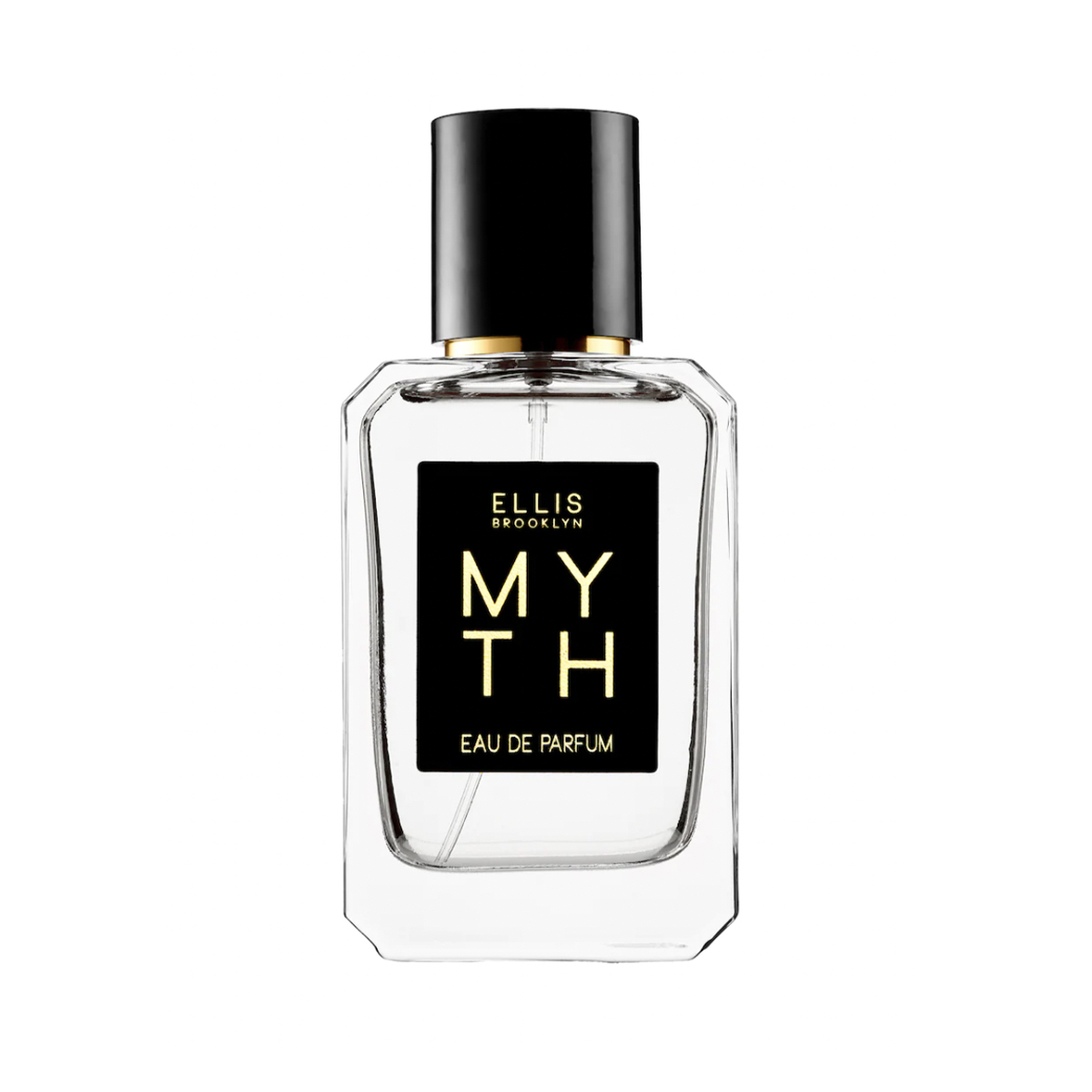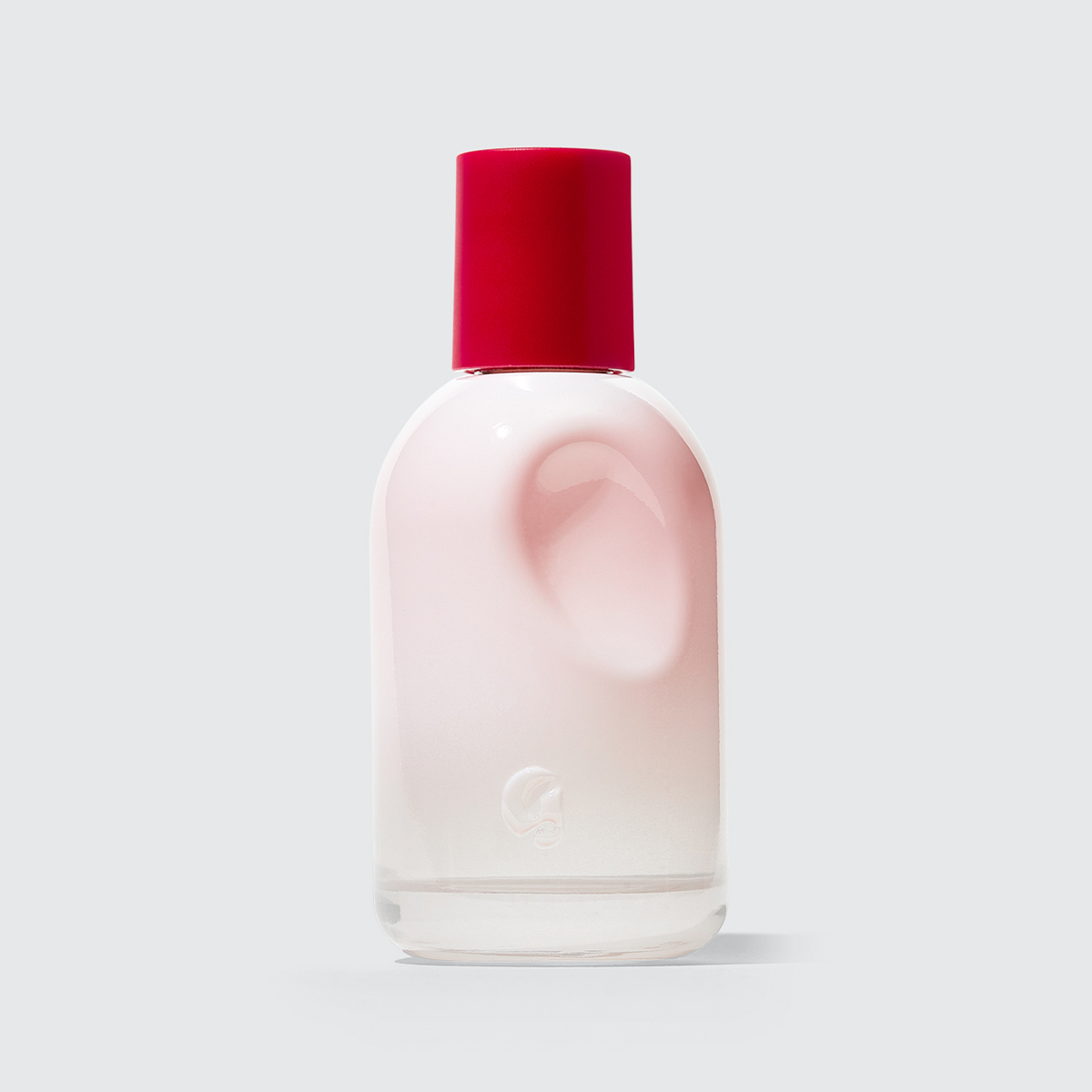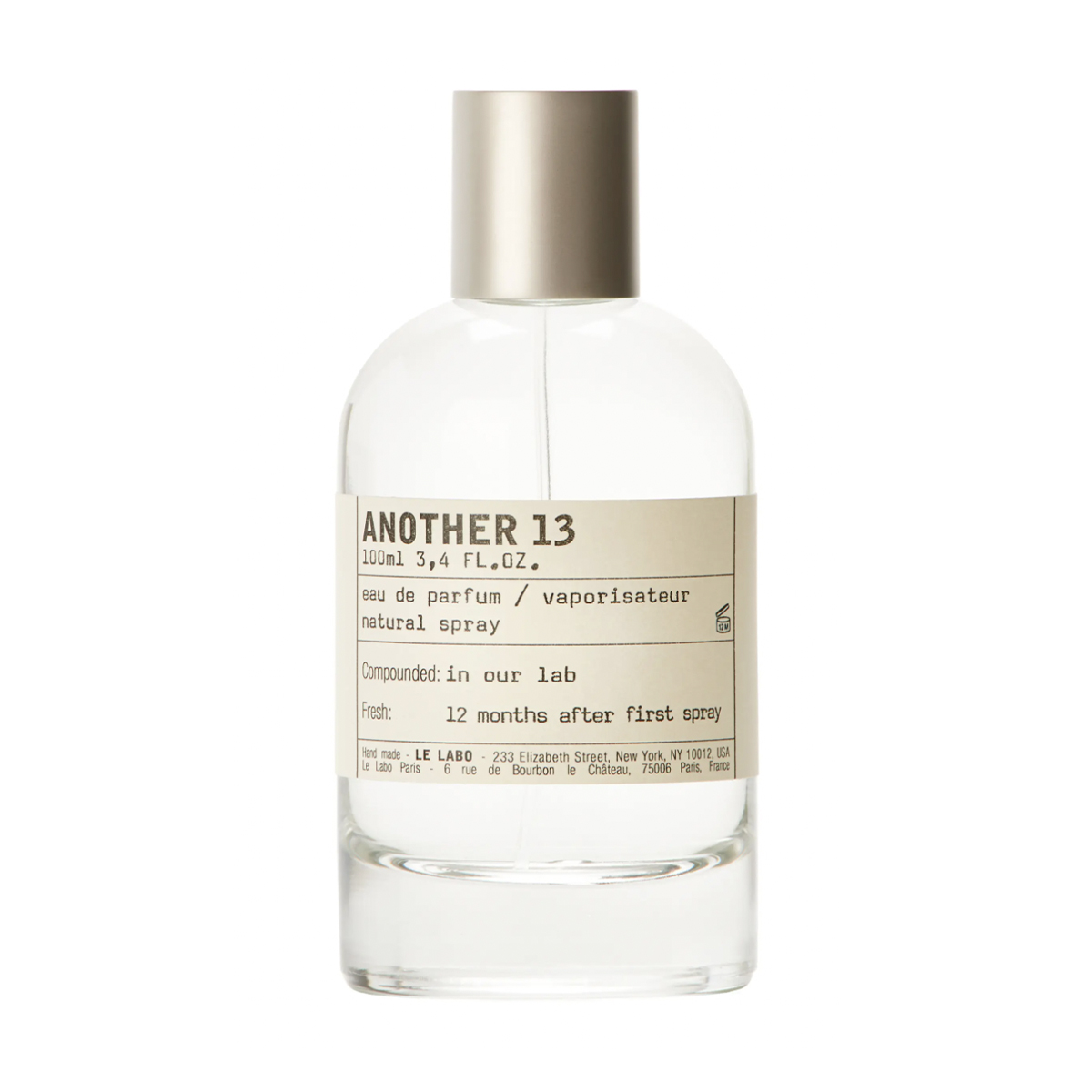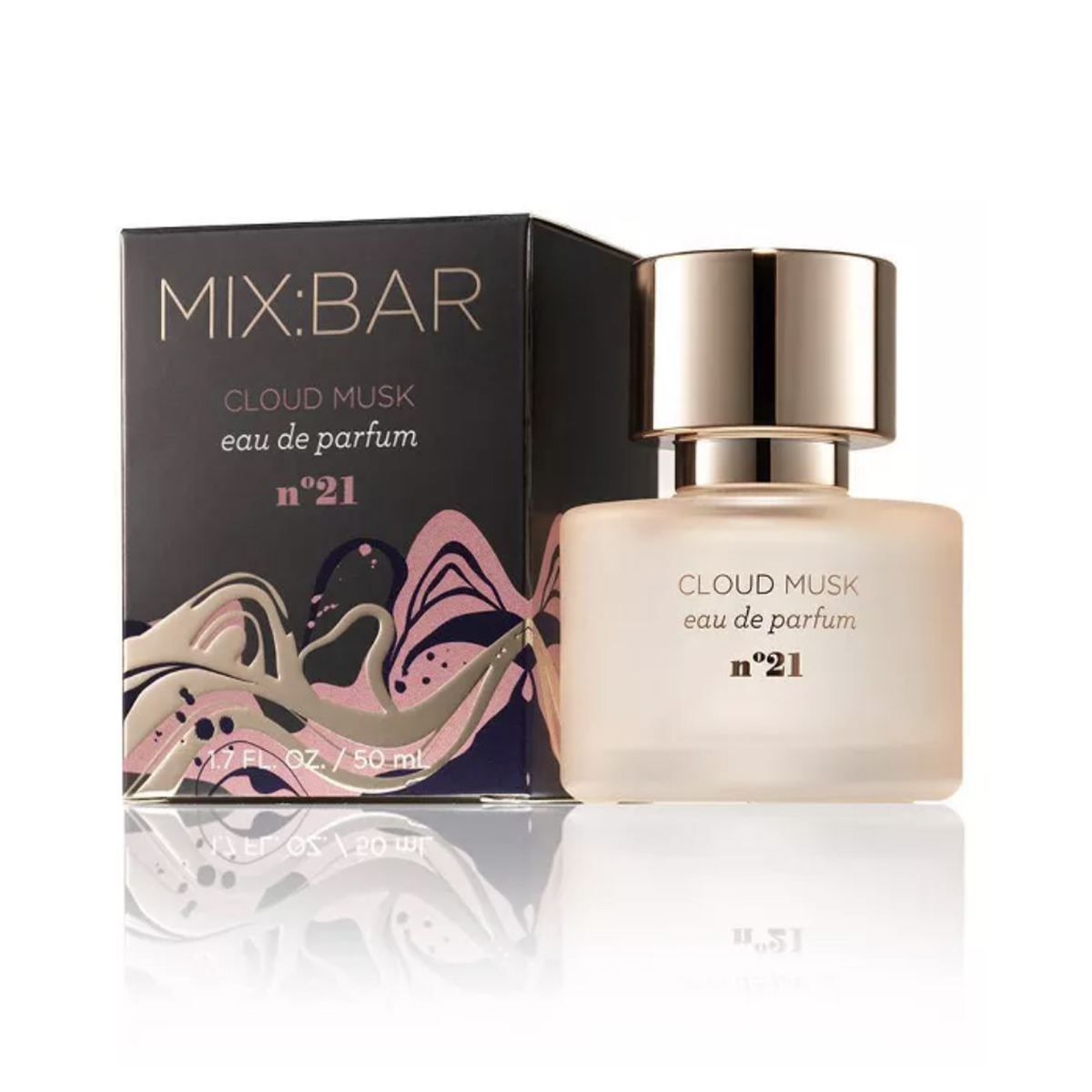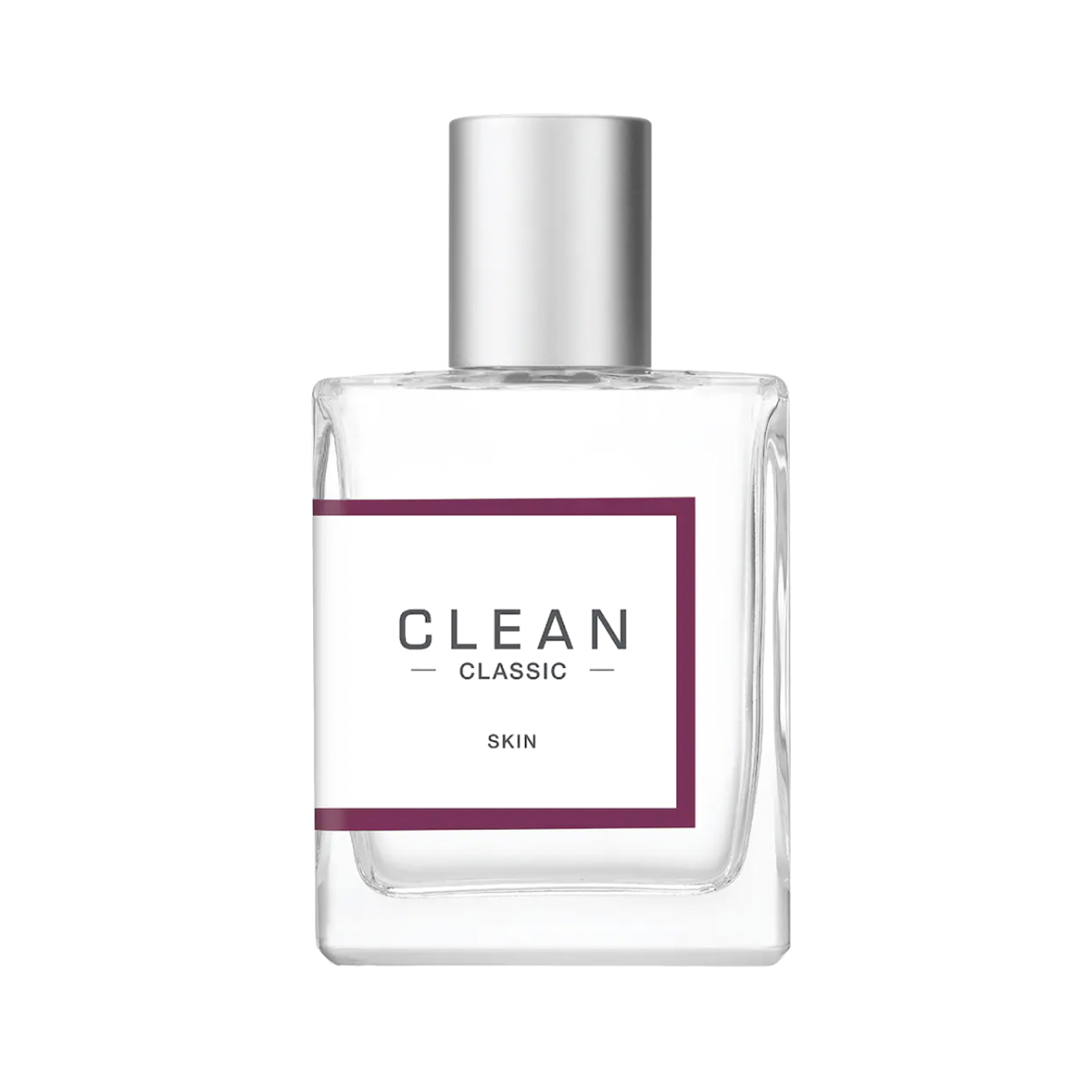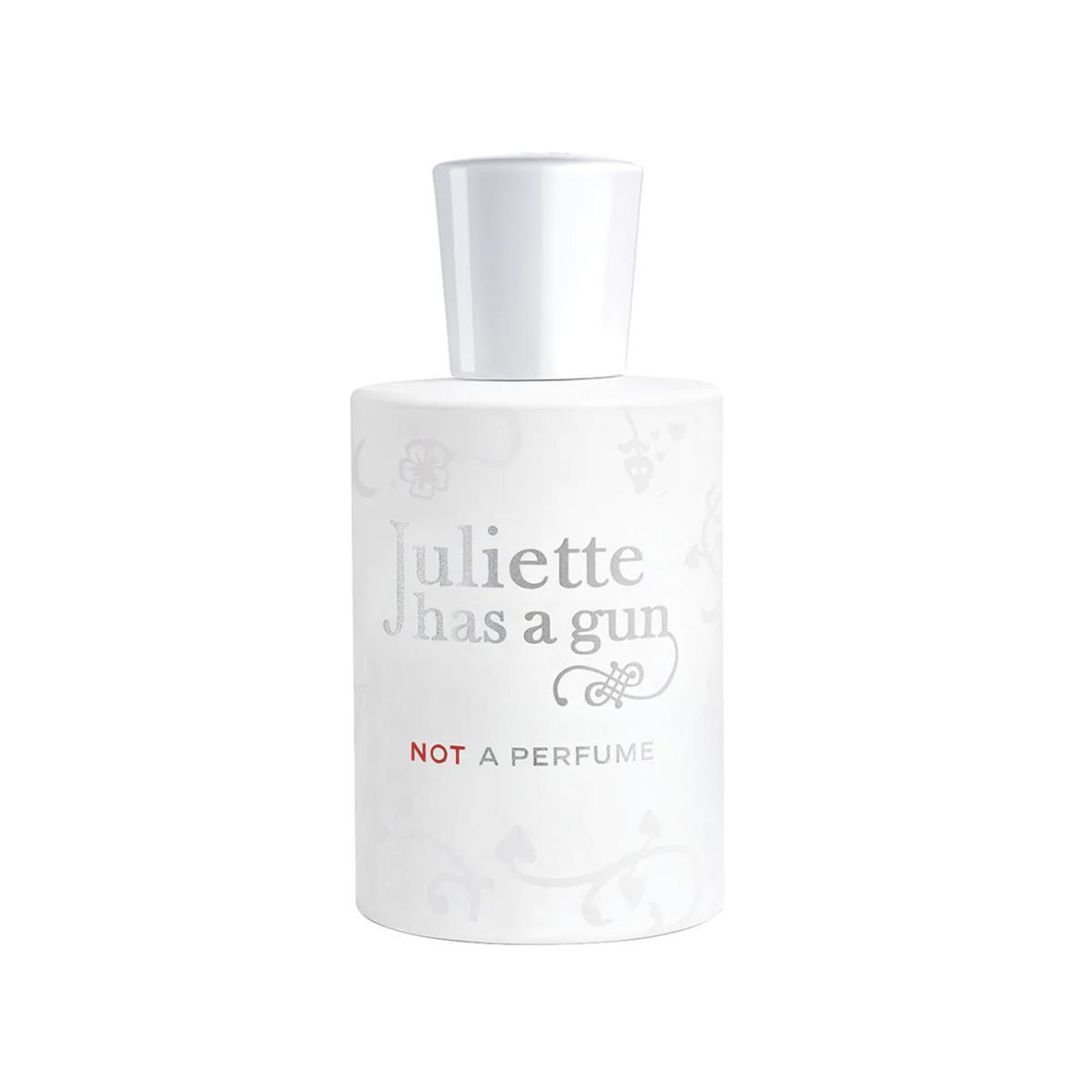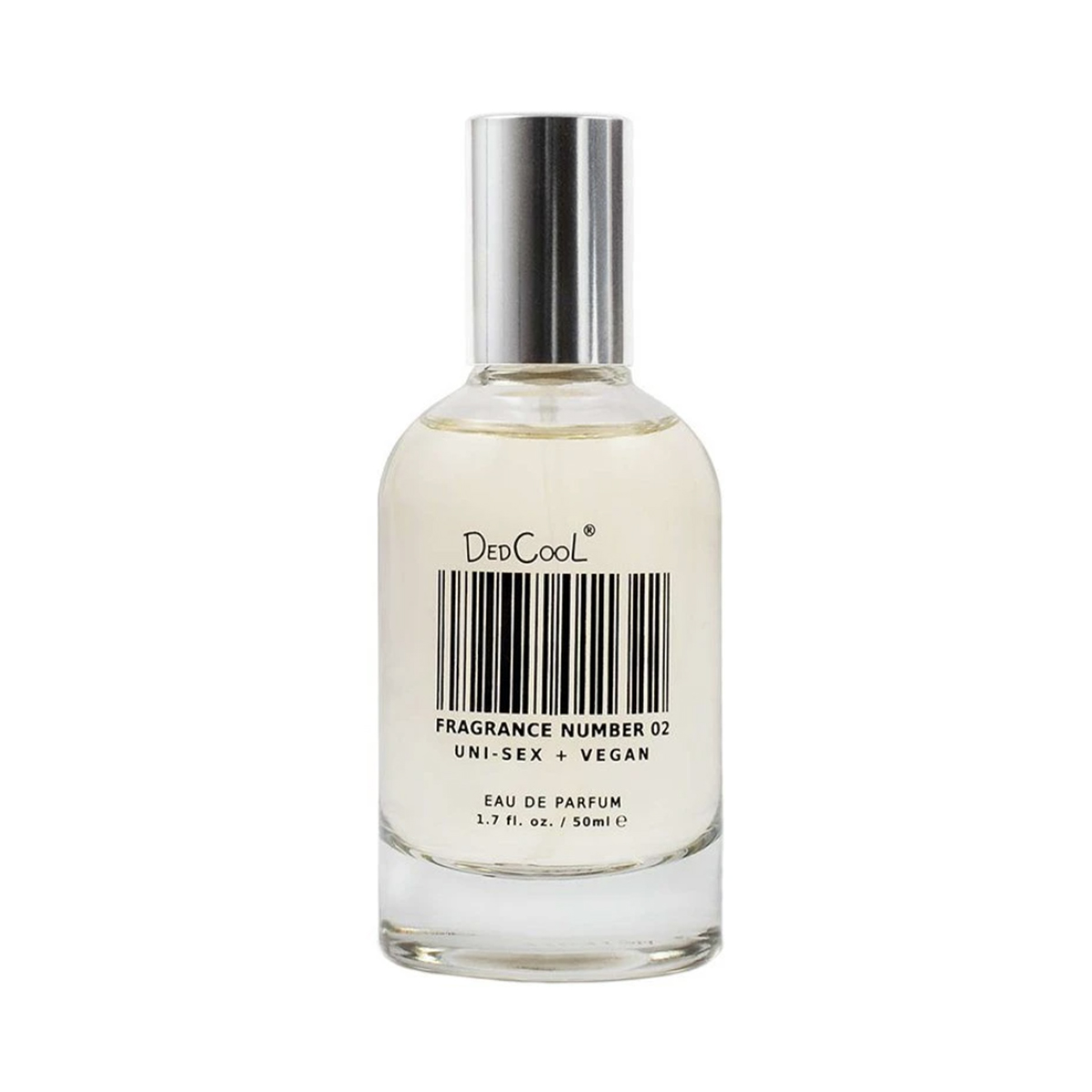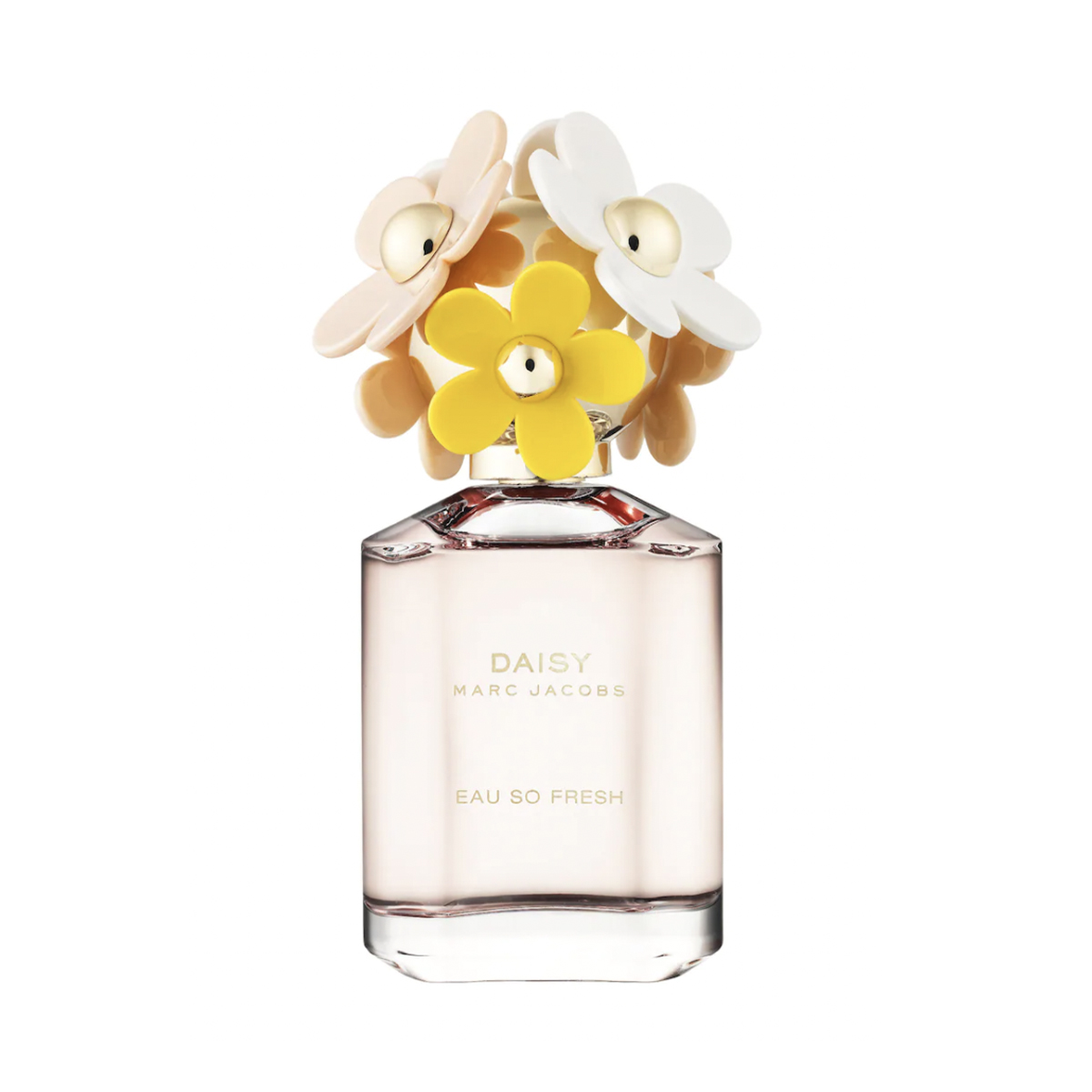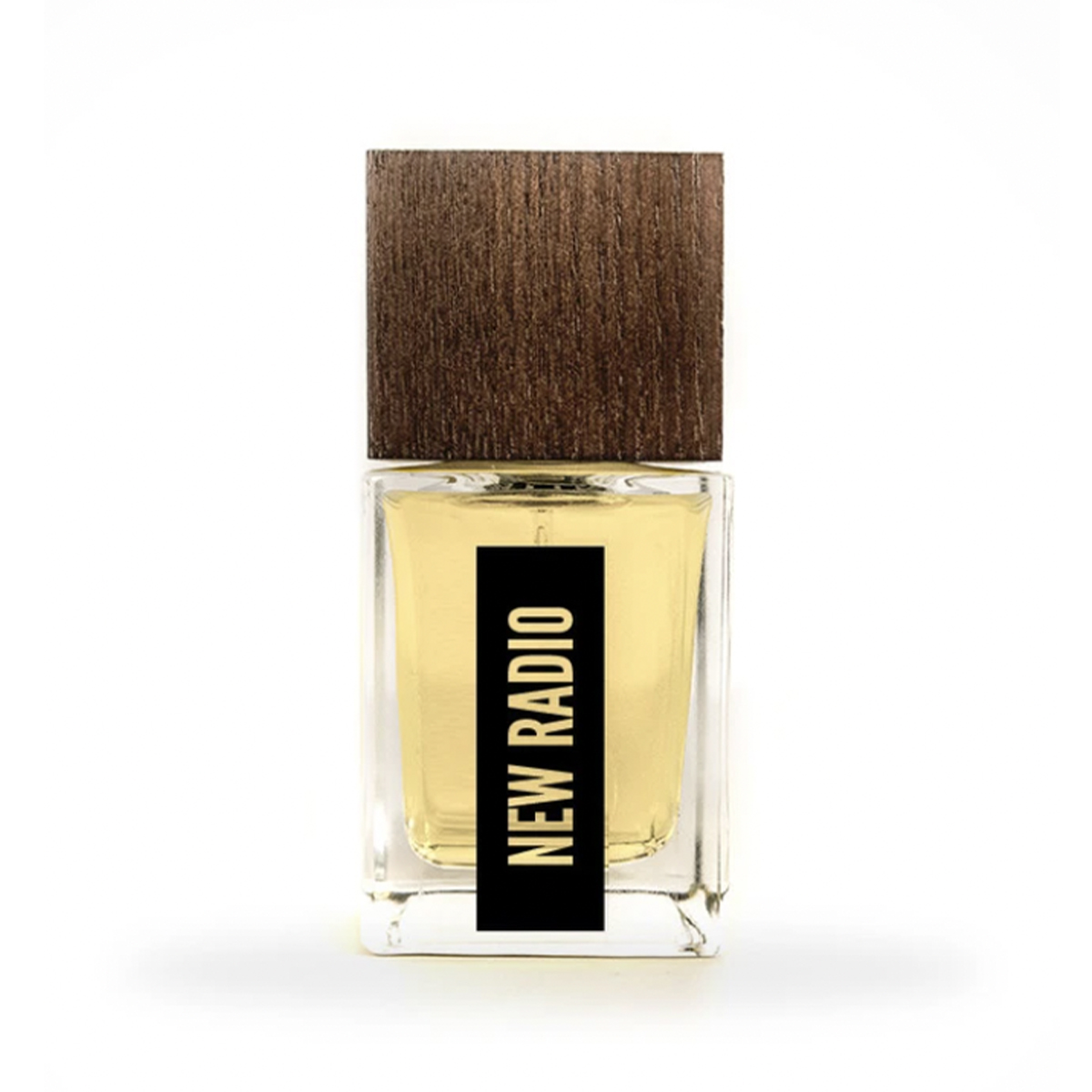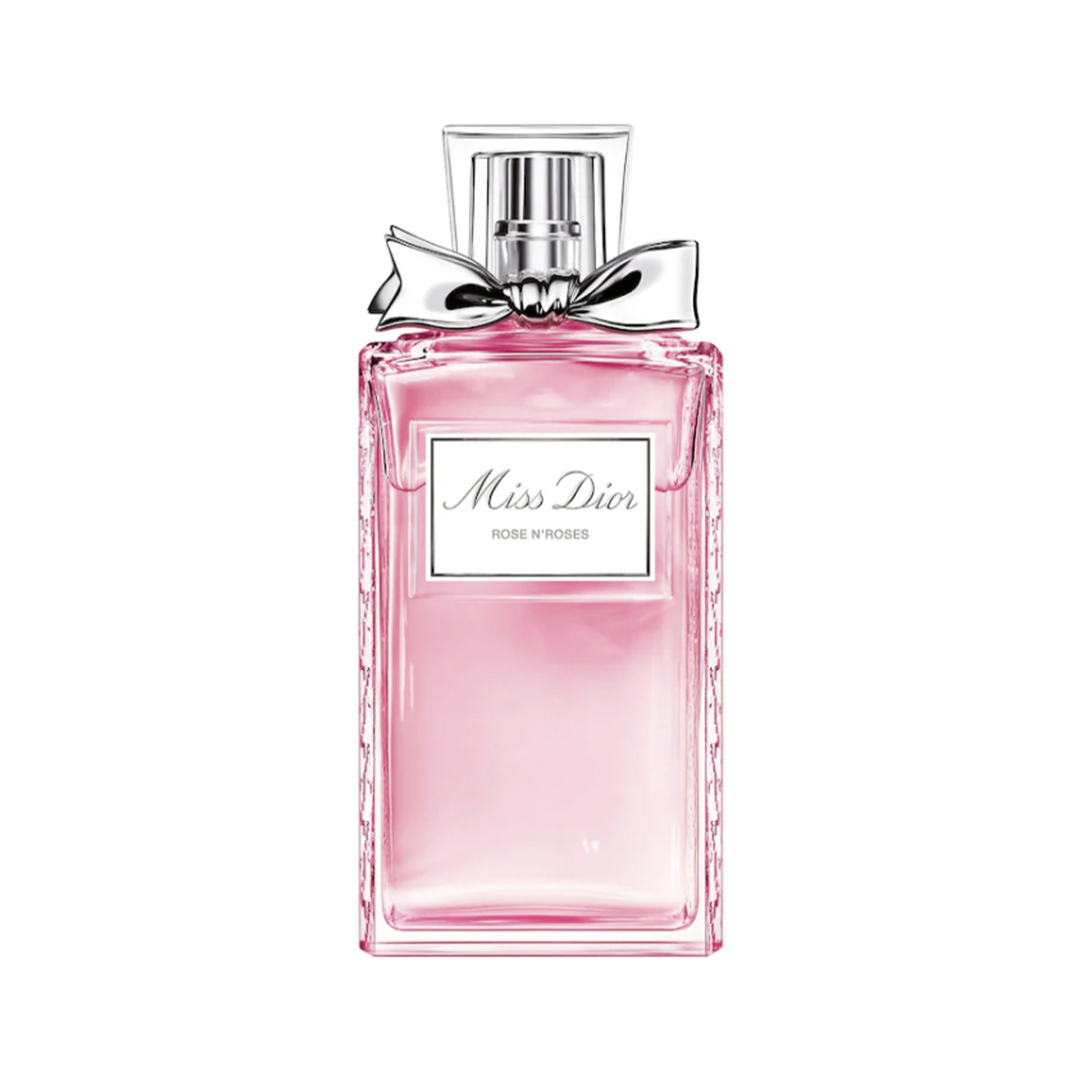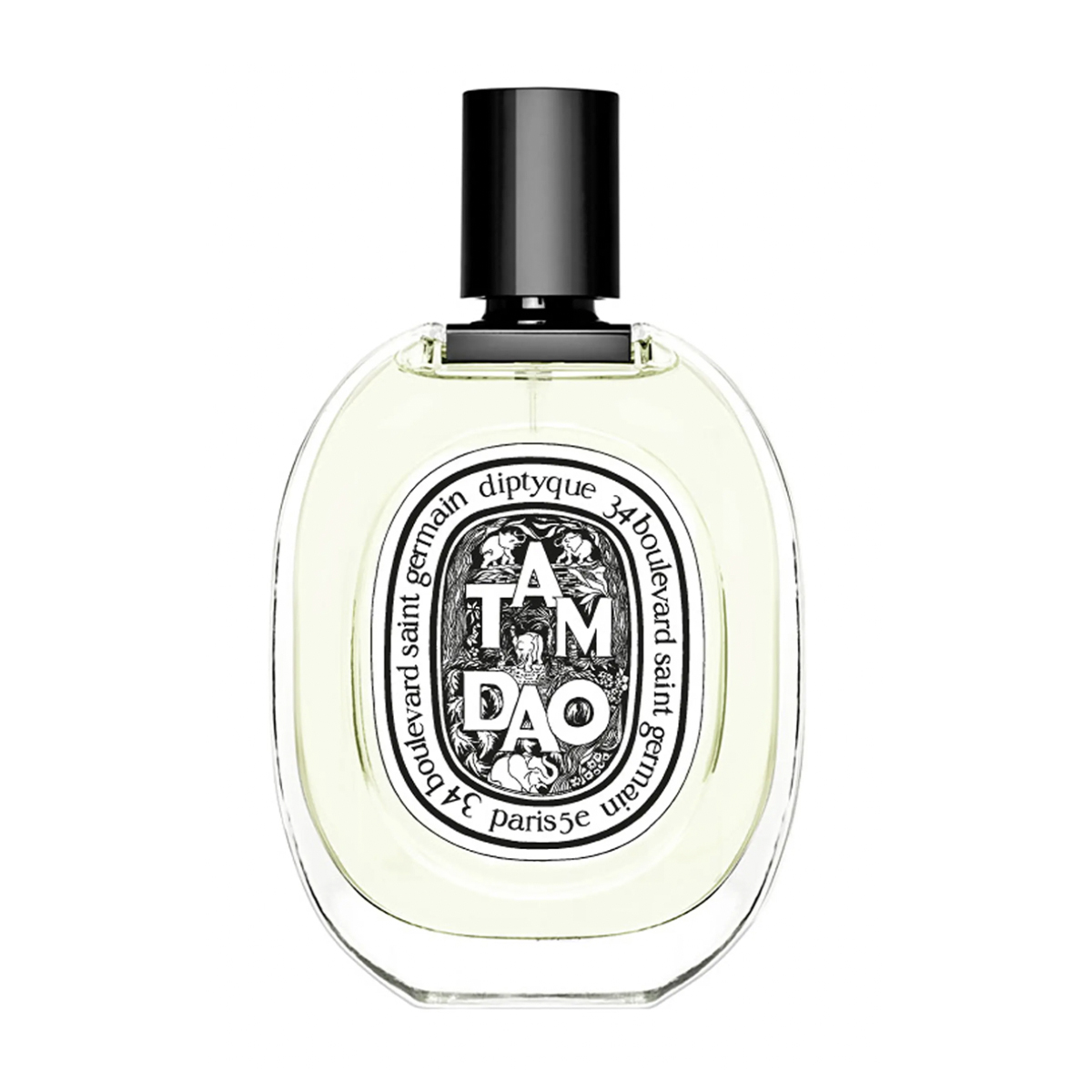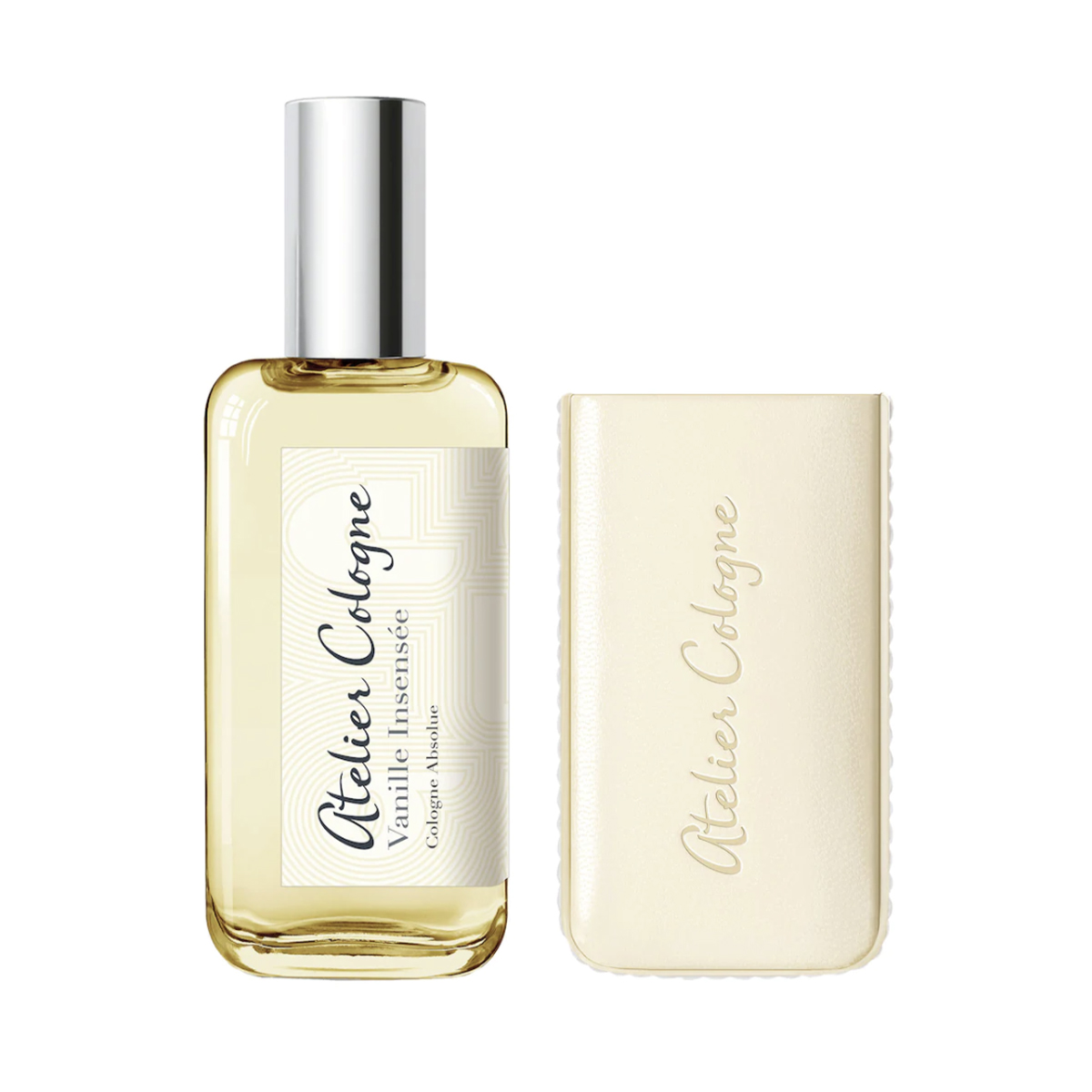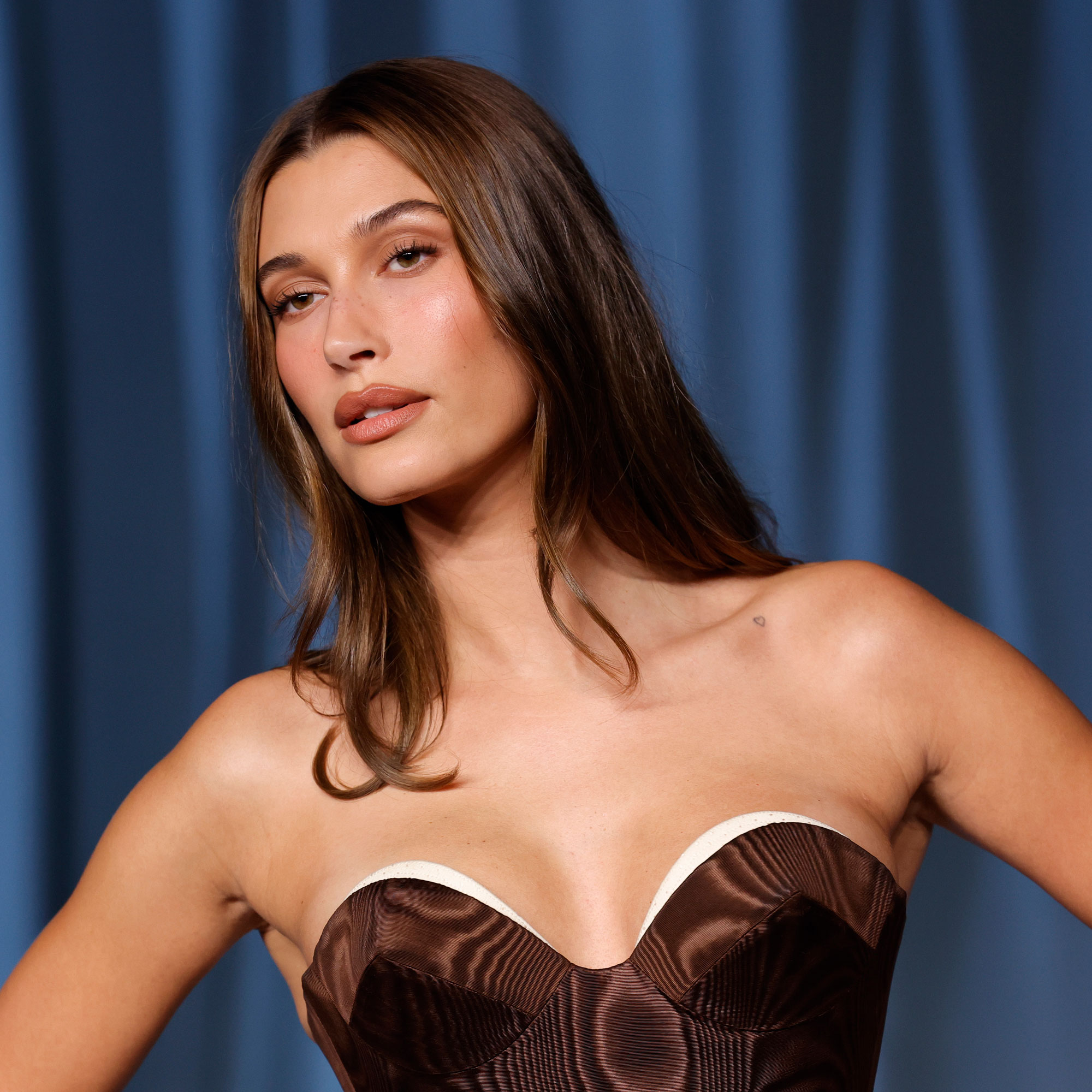Yes, You Can Wear Perfume If You Have a Sensitive Nose—Try These 15 First
If you have a sensitive nose, you know that you have to be careful when it comes to perfume. A strong scent could be too much for you, and no, that’s not just you being dramatic.
"Living with a sensitive nose can be difficult because strong scents can cause headaches, migraines, or even nausea,” says beauty and fragrance influencer Funmi Monet Olorunissomo. "A variety of smells ranging from spicy food to strong perfumes can trigger a physical response or irritate your nose.”
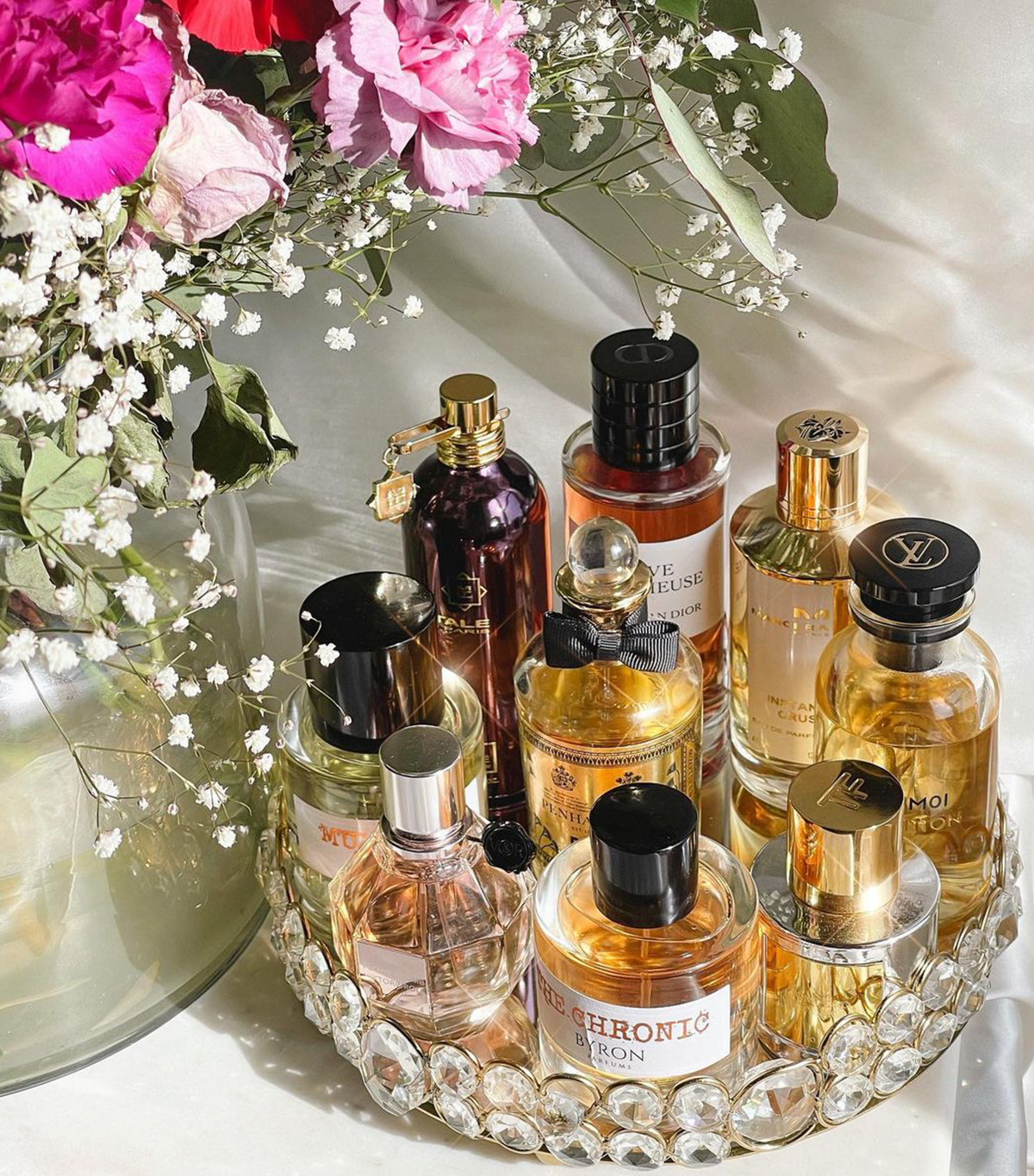
Despite this, you don’t have to give up hope on finding your own signature scent—you just have to be strategic. We caught up with Olorunissomo and Bee Shapiro, a beauty columnist for The New York Times and the founder of Ellis Brooklyn, a clean and sustainable fragrance company, for the lowdown on how to shop for fragrances when you’re more sensitive to strong scents.
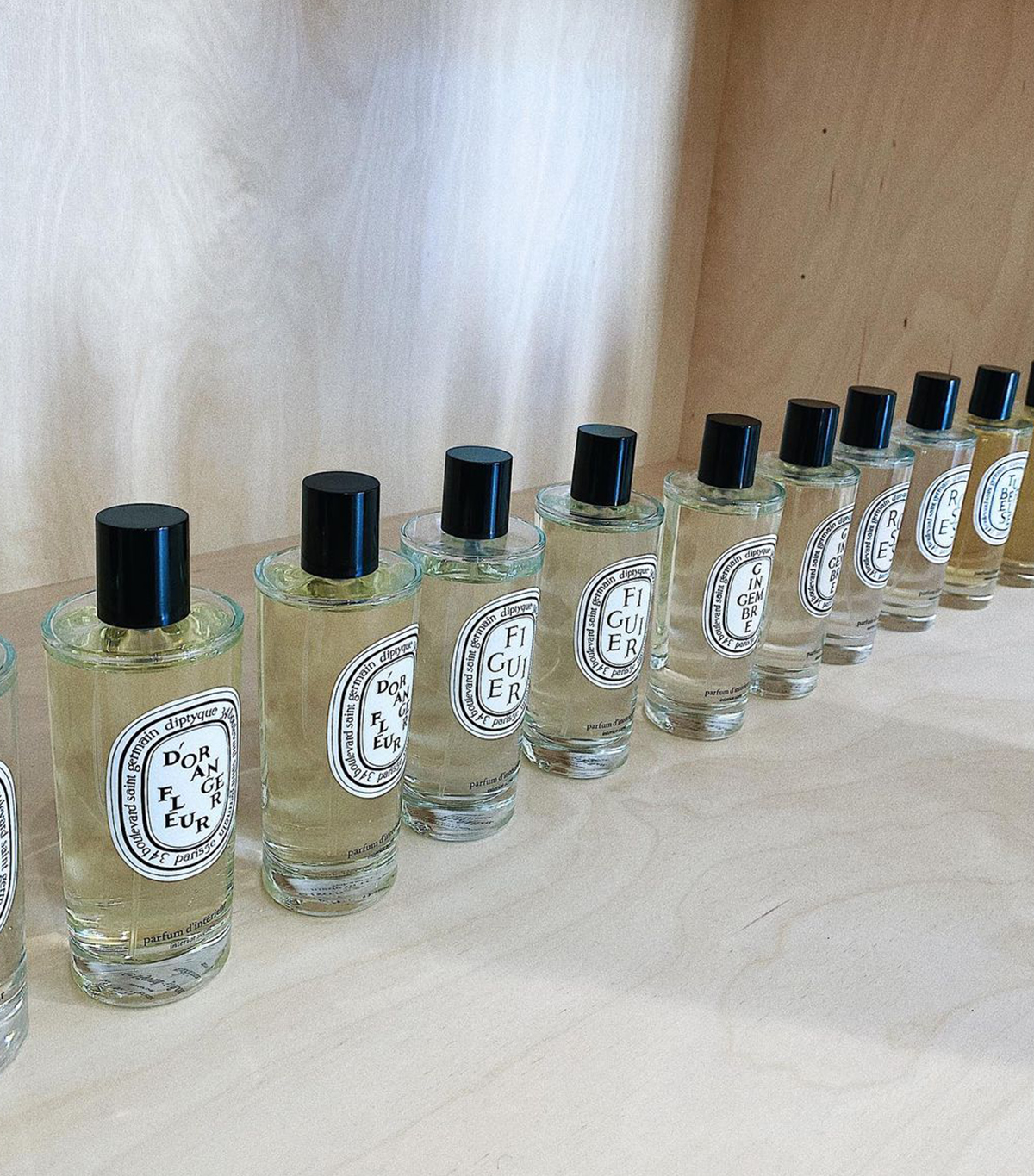
What should people with sensitive noses look for before shopping for perfume?
There are a few things to keep in mind when shopping for a fragrance that won’t bother your nose.
Opt for skin scents. When choosing a fragrance, look for something with low sillage, Shapiro recommends. "Scents with major sillage, which is the trail of fragrance you leave in your wake, are going to bring about more headaches just because the scent is bold and very present,” she says.
When in doubt, go for an eau de toilette. Many perfumes come in either eau de toilette formulas or eau de parfum formulas. If you’re on the sensitive side, Olorunissomo recommends an eau de toilette formula. "Typically, [an] eau de toilette formula has a lower concentration of fragrance oil,” she says. "An eau de parfum can have anywhere from 15% to 20% concentration of fragrance oil, while eau de toilette has a lower range of 10% to 15%.” An eau de toilette might be the same as an eau de parfum by the same name, just with a lower fragrance intensity.
Don’t choose complex scents. Olorunissomo says it's best to go for more linear scents that don’t develop on your skin over time.
Choose a different formula. Instead of a traditional perfume, consider a body lotion or oil, which will develop closer to your skin, says Olorunissomo.
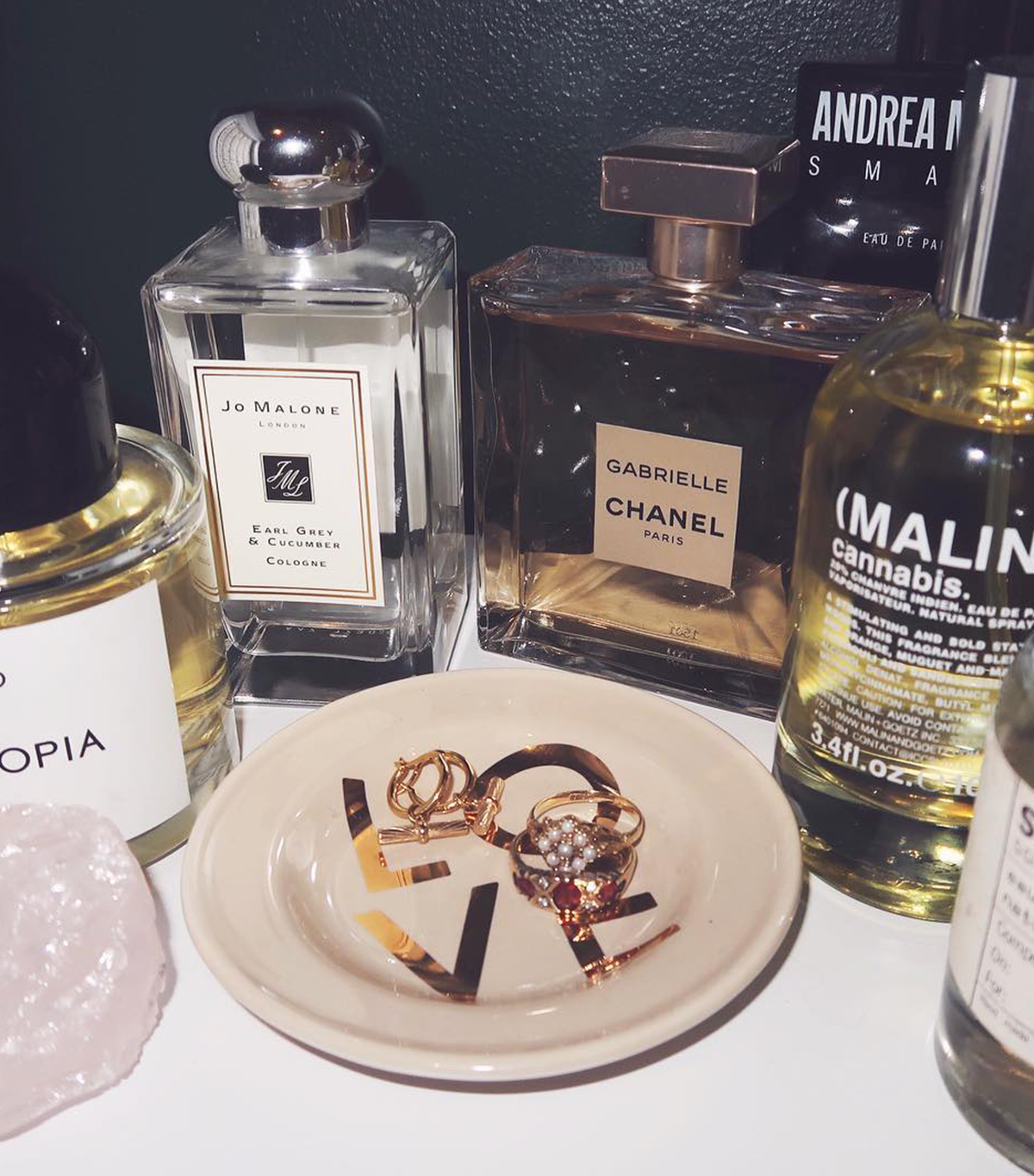
Are there any fragrance notes to look for or any to avoid?
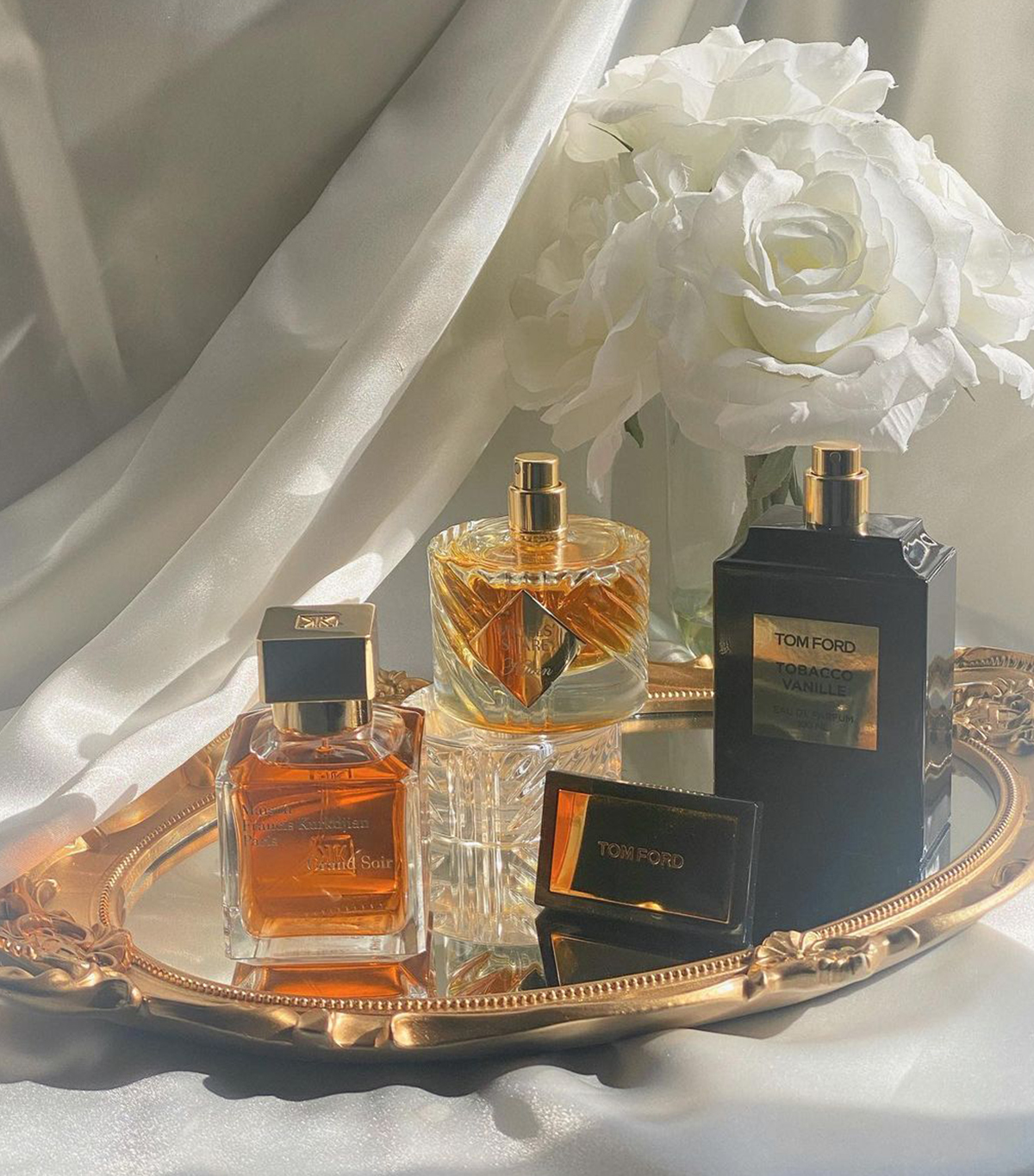
Look for vanilla, sandalwood, rose, and lavender.
Tread carefully with patchouli, vetiver, oakmoss, white florals, agarwood, incense, black pepper, cumin, and leather.
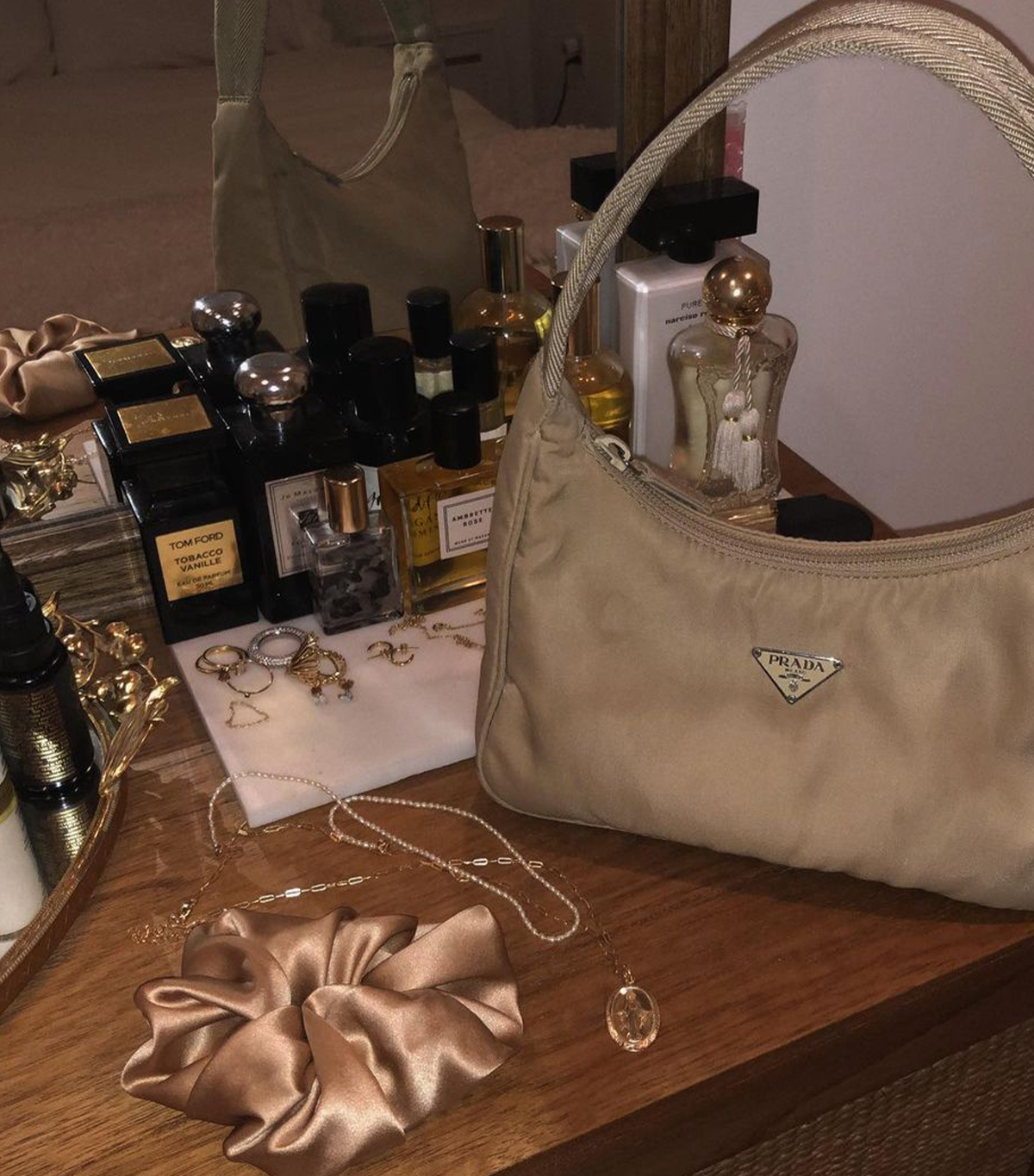
Shapiro emphasizes that when it comes to choosing a fragrance, it’s all about balance—so just because a fragrance contains one of these scents, that doesn’t mean you should immediately write it off.
Keep reading for Olorunissomo’s and Shapiro’s recommendations for fragrances for sensitive noses, as well as some of our favorite picks that fit the bill.
The best perfumes for sensitive noses:
Shapiro's picks:
Olorunissomo's picks:
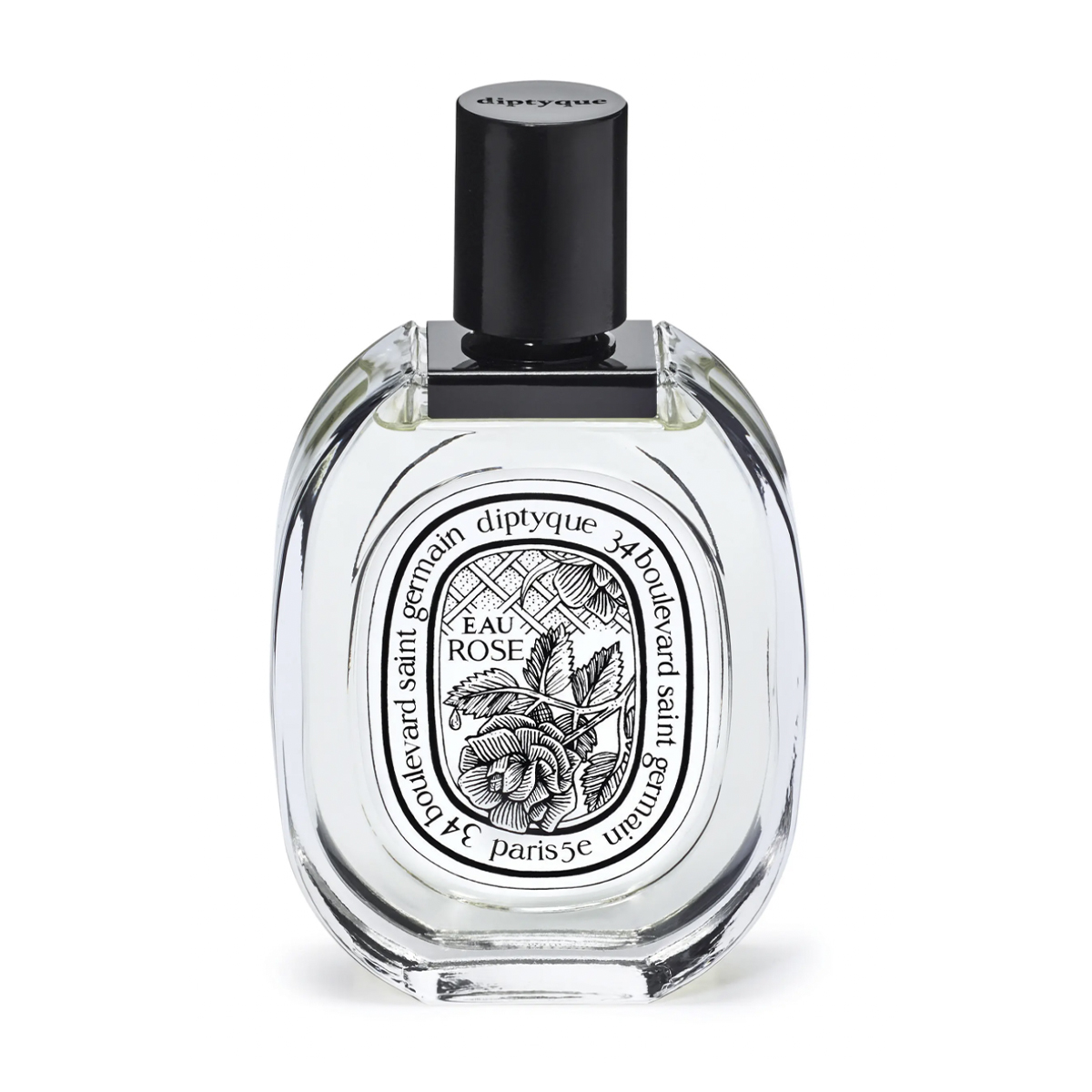
Key fragrance notes: damask rose, centifolia rose, litchi, ambroxan
Who said rose fragrances can't feel new and fresh? Olorunissomo says this perfume "is a light, fun, and playful rose with some citrus and green notes. It smells natural and fresh without feeling overpowering."
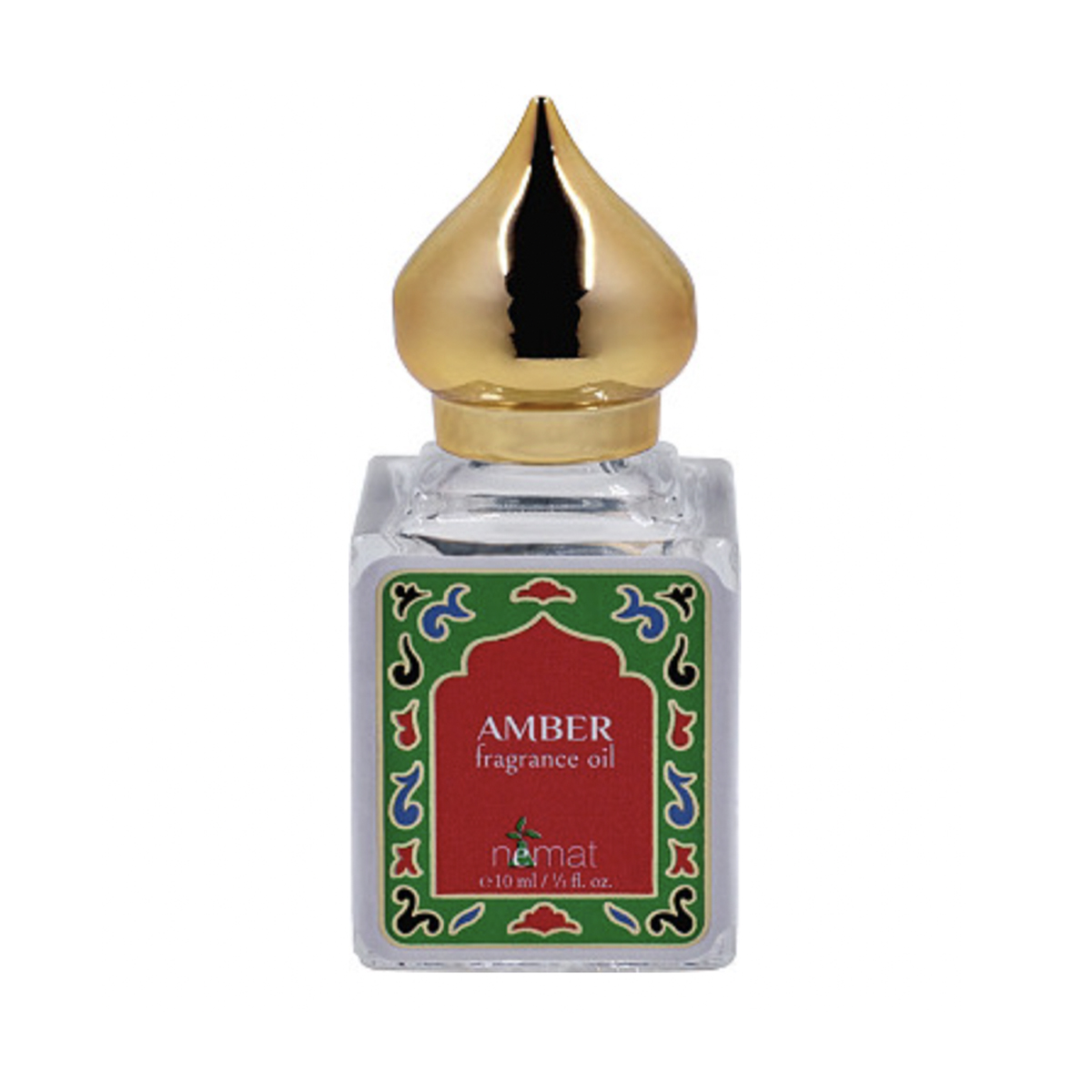
Key fragrance note: amber
Since this is an oil instead of a perfume, this scent will automatically wear closer to your skin. This oil "is a light and inoffensive fluffy woodsy scent that can be worn year-round," says Olorunissomo. "It smells effortless, warm, and cozy." It's also unisex.
Other perfumes for sensitive noses:
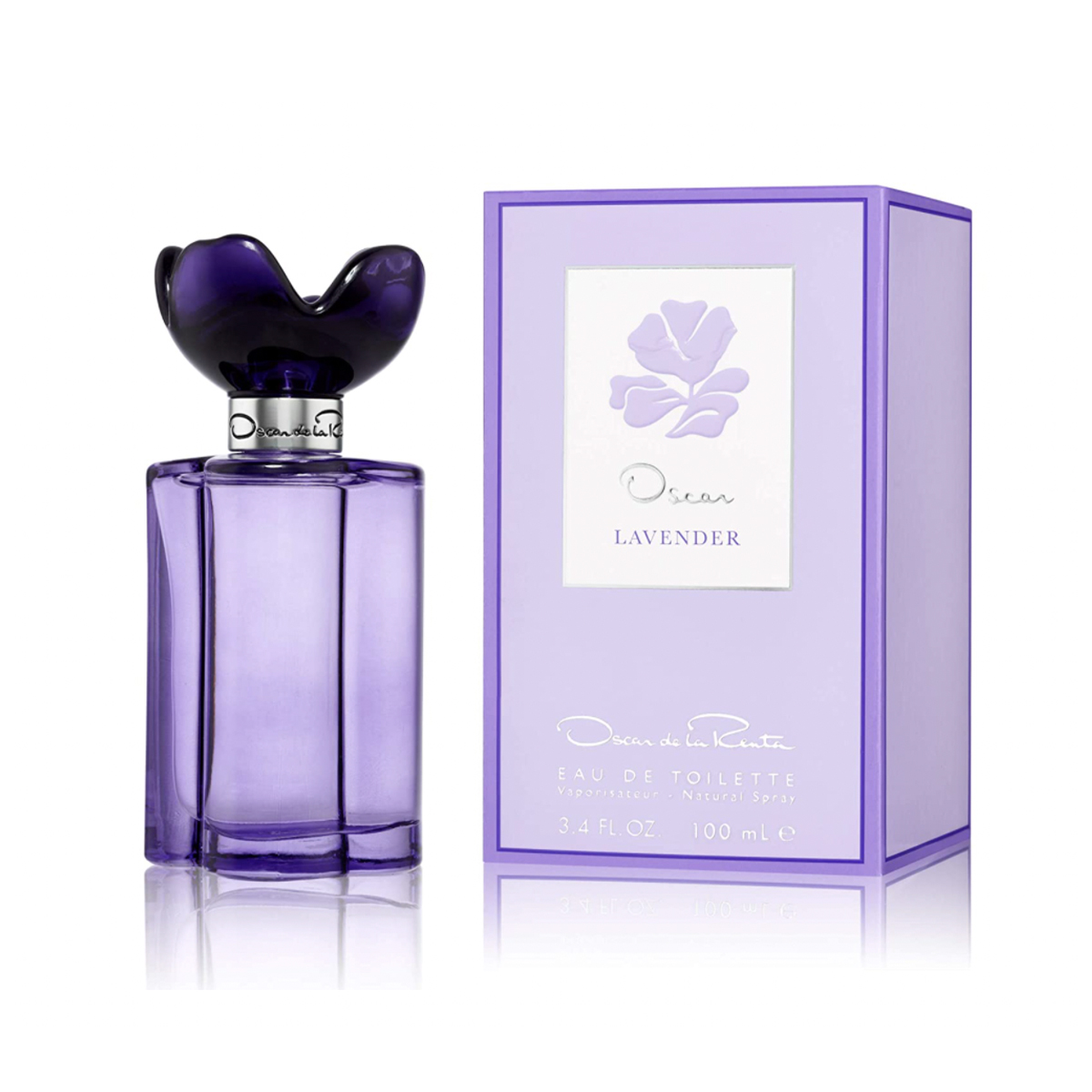
Key fragrance notes: bergamot, lavender, coriander
According to Olorunissomo, lavender scents are "great for helping to decrease inflammation during allergy season." This scent is feminine and floral while still being soft.
Still looking for your signature scent? Check out When I Wear This Woodsy Fragrance Note, People Stop Me in the Subway.
Prior to her time at Who What Wear, Katie Berohn worked as the beauty assistant for Good Housekeeping, Woman's Day, and Prevention magazines, all part of the Hearst Lifestyle Group. She graduated from the University of Colorado, Boulder, with a major in journalism and minor in technology, arts, and media, and earned her master's degree at NYU's graduate program for magazine journalism. In addition, Katie has held editorial internships at Denver Life magazine, Yoga Journal, and Cosmopolitan; a digital editorial internship at New York magazine's The Cut; a social good fellowship at Mashable; and a freelance role at HelloGiggles.
